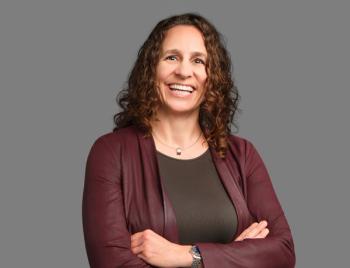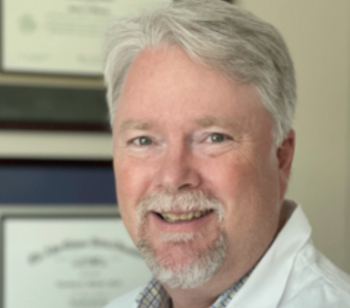
Lynda Chin, MD, Talks Hype and Reality in Medical AI
The woman who oversaw MD Anderson's controversial IBM Watson collaboration may know a thing or two about AI and expectations.
(The MD Anderson Library at the University of Houston. Photo courtesy Wikimedia Commons, Credt: BrianReading)
Lynda Chin, MD, knows firsthand about the artificial intelligence (AI) and big data hype cycles. When she was chai of Genomic Medicine at the University of Texas MD Anderson Cancer Center, she headed up the Oncology Expert Advisor collaboration with IBM Watson that ended prematurely and unceremoniously. The controversial program was heavily scrutinized over cost and a perceived lack of results.
Today, she is the director of the Institute for Health Transformation at the University of Texas System. At the HealthXL Global Gathering in Pittsburgh, Pennsylvania, she stressed that AI systems need to be viewed as tools, and that the healthcare community “shouldn’t run around with a hammer looking for nails.”
She said the project with Watson quickly taught her about the importance of good, diverse data. She also learned that if doctors aren’t trained with a technology, it won’t integrate correctly.
The way that physicians are apprenticed during their residencies—watch until trusted to perform—is not that different from the way that baristas in coffee shops are trained, she observed. Other than the stakes, of course: Spilt milk is a bit less serious than harmed patient.
But where it breaks down, Chin said, was in the fact that the most experienced physicians will lack familiarity with the newest information and techniques.
“The problem is the way things have changed in the last 10 years,” she said. “It isn’t just the amount of literature and the kind of data.” It’s genomics and medicine’s understanding of them, she continued, that truly alter practice, and generate volumes of lessons and insights no human could absorb.
The AI should help manage that information, she said. It shouldn’t be expected to make the decision for the doctor: Instead, it should distill all of that quickly-evolving, constantly-changing medical knowledge to verified, digestible insights for them. A physician 10 years removed from their education might be 10 years behind on the newest information: The AI can’t replace the doctor, but it should catch them up and inform their decisions.
Despite the hype, the technologies can’t be expected to perform right after they are made. They themselves will need their own “residency periods” to be tested, verified, and integrated into the clinical environment, according to Chin, and to make sure the doctors are comfortable with using them.
“There will always be hype,” she said. “But the technological tools aren’t going to do anything until the humans use them, and they have to come with a legacy.”






















































































